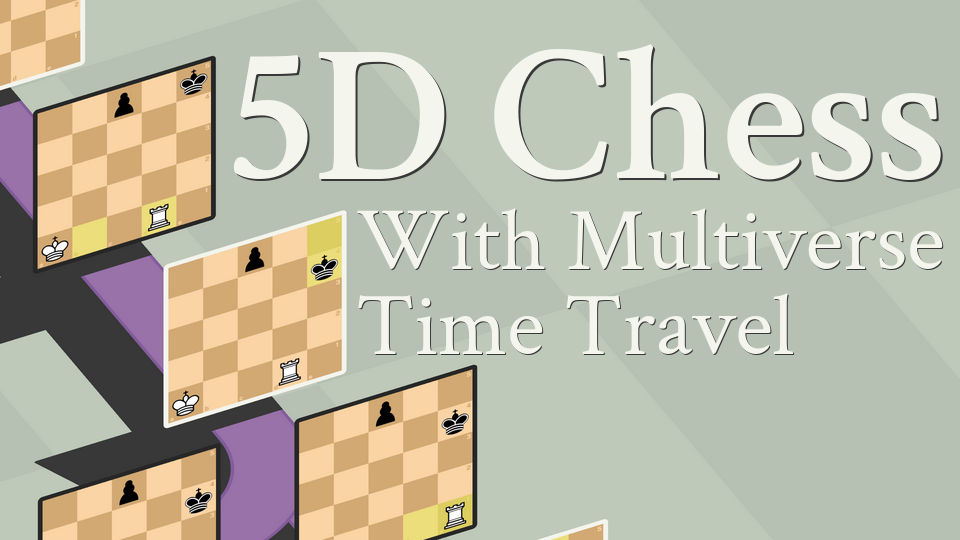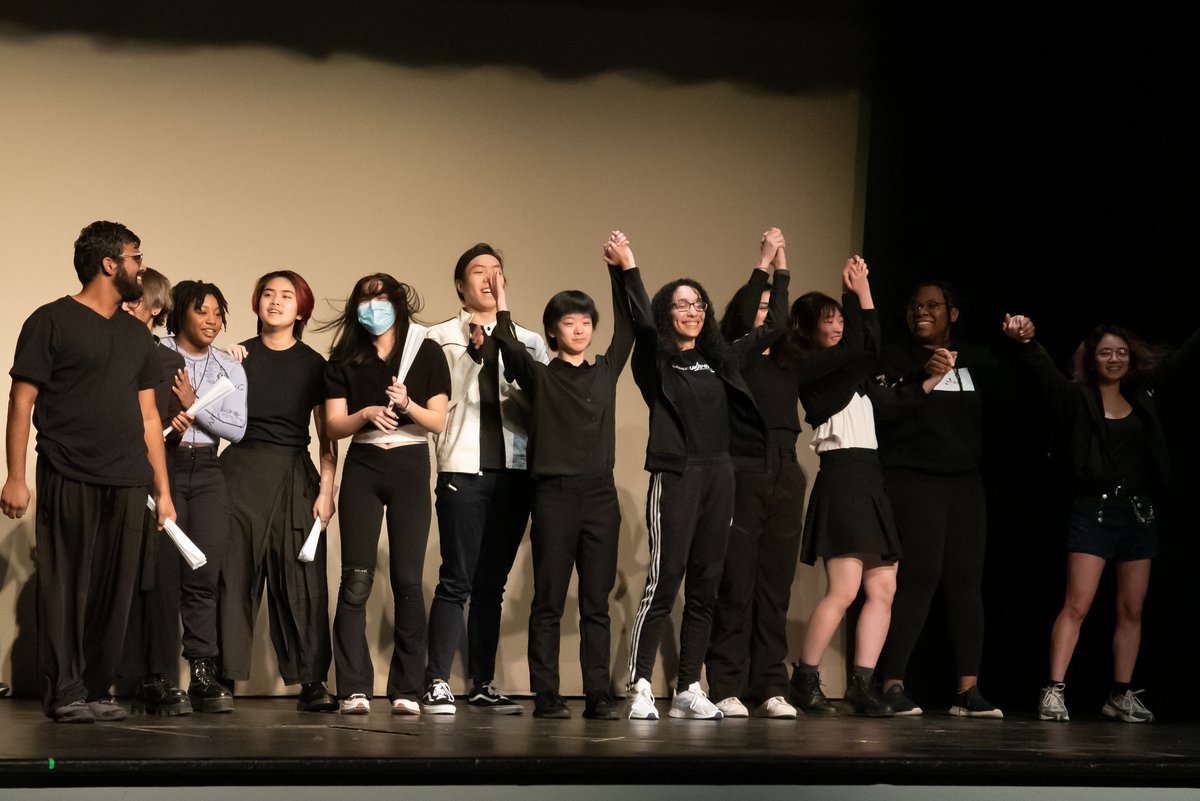Learning to lie
Pretend you are young again, around the age of five or six. You see one of your classmates painting a picture, and you comment on how it looks subpar, just to be scolded by your teacher for being mean. Now, while justified in your comment on the painting—because I doubt any five or six year old can paint well—you learn that lying to appease someone's emotions is encouraged. As you grow older, more of these instances happen, and you begin to hide the truth. For example, if a friend you don’t know well asks how they look, you would probably respond they look great even if they are wearing the most unflattering clothing. Lies like these perpetuate, not only with friends but also in the workplace. As falsities continuously flow out of you, they begin to take over your life, appearing naturally every day.
A mask appears for those who keep up with the lies, creating a rift between oneself and others. However, not all choose to walk the path of lies, and you may choose to speak your mind on every occasion. Following this path, you face the label of brutally honest, no matter how justified or truthful your opinions are.
Not everyone is an artist, nor does every article of clothing look good on a person. I believe that the term brutally honest is flawed. Honesty has no ability to be brutal or violent. The truth simply exists and has no overarching themes to it. You wouldn’t say a tree is violent towards a person, so why would a concept like honesty have violent tendencies? If you genuinely believe that there is a brutal truth about yourself, consider who created this fact? It was your actions that led to that reality. If someone is sincere, does society need to label them as cruel for simply sharing what is correct? I believe this norm should change and humanity should reward those willing to speak their mind rather than bottle up how they truly feel.
When examining the other side of this argument—why lies are so crucial to society—I understand their potential to keep the world from falling apart. With every interaction, there are benefits and losses. Will I make an excellent first impression? Can I tell them they are wrong without them getting upset? These interactions can be significantly affected by small lies people say all the time. A simple “that jacket looks great on you” may land you the desired job; however, these small lies also eventually crumble. If you have to keep repeating this lie over and over again, the pressure of it will keep growing until, finally, you explode. When you explode, your true thoughts leak out. The recipient of your lies will question why you kept repeating them for so long, deteriorating the relationship between you and them. This is a much worse scenario than if you had just been honest during the first interaction.
While I am voicing for people to be more open with each other, this does not mean going right to Twitter and Instagram and ripping into everyone. Honesty still needs to be justified, and you can’t simply steal from someone without justification. There is a line between making fun of someone and being honest. You need to be conscious of this, or else the meaning of honesty will get lost in hate.

 Game Review
Game Review
 On-Campus Event
On-Campus Event